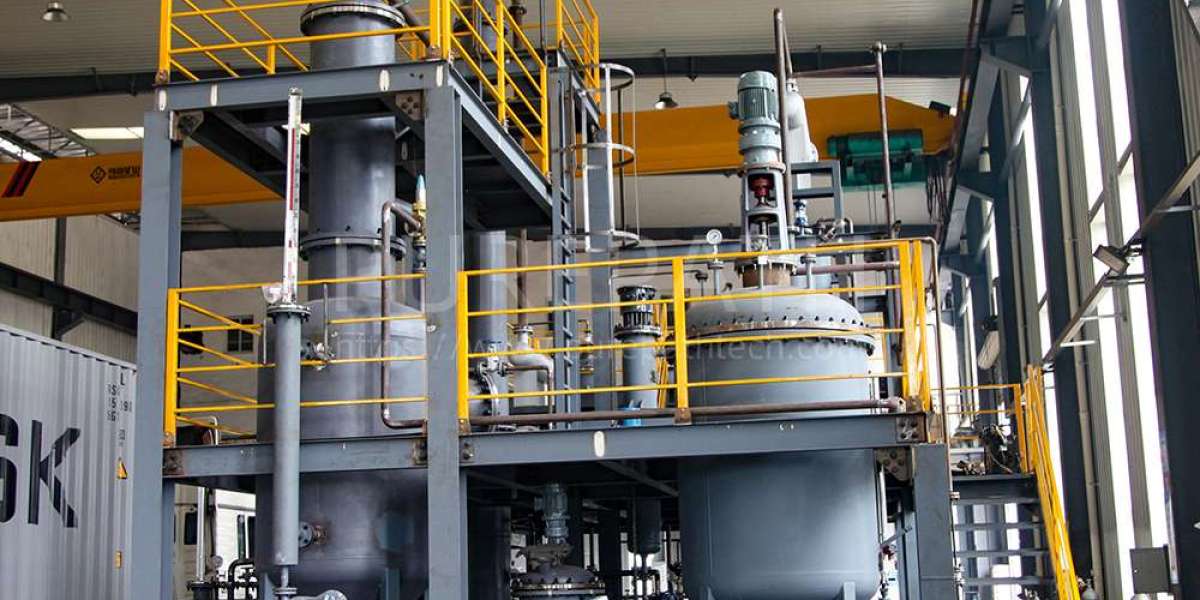Every time you get an oil change, you might wonder what happens to that old, sludgy oil. The good news is, it doesn't just get dumped into a landfill or pollute our waterways. Instead, used engine oil can be recycled into a variety of new products, thanks to a surprisingly complex and efficient process.
Step 1: Collection
The first step in the engine oil recycling journey is proper collection. Many auto shops and quick lube facilities accept used oil for free, and some even offer incentives like discounts on new oil or filters. You can also collect your own used oil in a sealable container and take it to a local recycling center.
Step 2: Separation
Once collected, the used oil is transported to a recycling facility. Here, it goes through a separation process to remove impurities like water, metals, and solids. This can involve techniques like centrifugation, filtration, and settling.
Step 3: Re-refining
Cleaned-up used oil can then be re-refined into base oil, the primary component of new lubricating oils. This involves a complex process of distillation, vacuum treatment, and chemical treatment to remove remaining contaminants and restore the oil's chemical properties.
Step 4: New Products
Re-refined oil can be used to make a variety of new products, including:
· Lubricating oils: Recycled oil can be blended with virgin oil to create new motor oil, hydraulic oil, and other lubricants.
· Fuel oils: Used oil can be processed into fuel for boilers, furnaces, and industrial applications.
· Asphalt paving materials: Recycled oil can be used as a modifier in asphalt, improving its flexibility and durability.
· Rustproofing: Used oil can be used as a base for rustproofing compounds.
Benefits of Recycling Engine Oil
Recycling engine oil offers a number of environmental and economic benefits:
· Reduces reliance on crude oil: Recycling conserves precious fossil fuels and reduces the need for drilling and refining new oil.
· Protects the environment: Proper disposal of used oil prevents contamination of soil and water by hazardous chemicals.
· Saves energy: Recycling used oil requires less energy than refining new oil from scratch.
· Reduces greenhouse gas emissions: Recycling oil helps to combat climate change by reducing greenhouse gas emissions associated with oil production and refining.
What You Can Do
By properly disposing of your used engine oil, you can help to protect the environment and conserve resources. Here are some tips:
· Take your used oil to a local auto shop, quick lube facility, or recycling center.
· Never pour used oil down the drain or onto the ground.
· Store used oil in a sealed container to prevent leaks.
· Consider using recycled oil products, such as motor oil made with recycled content.
By working together, we can keep our cars running smoothly and our planet healthy for generations to come.
I hope this article has given you a better understanding of how engine oil is recycled. If you have any questions, please feel free to leave a comment below.








